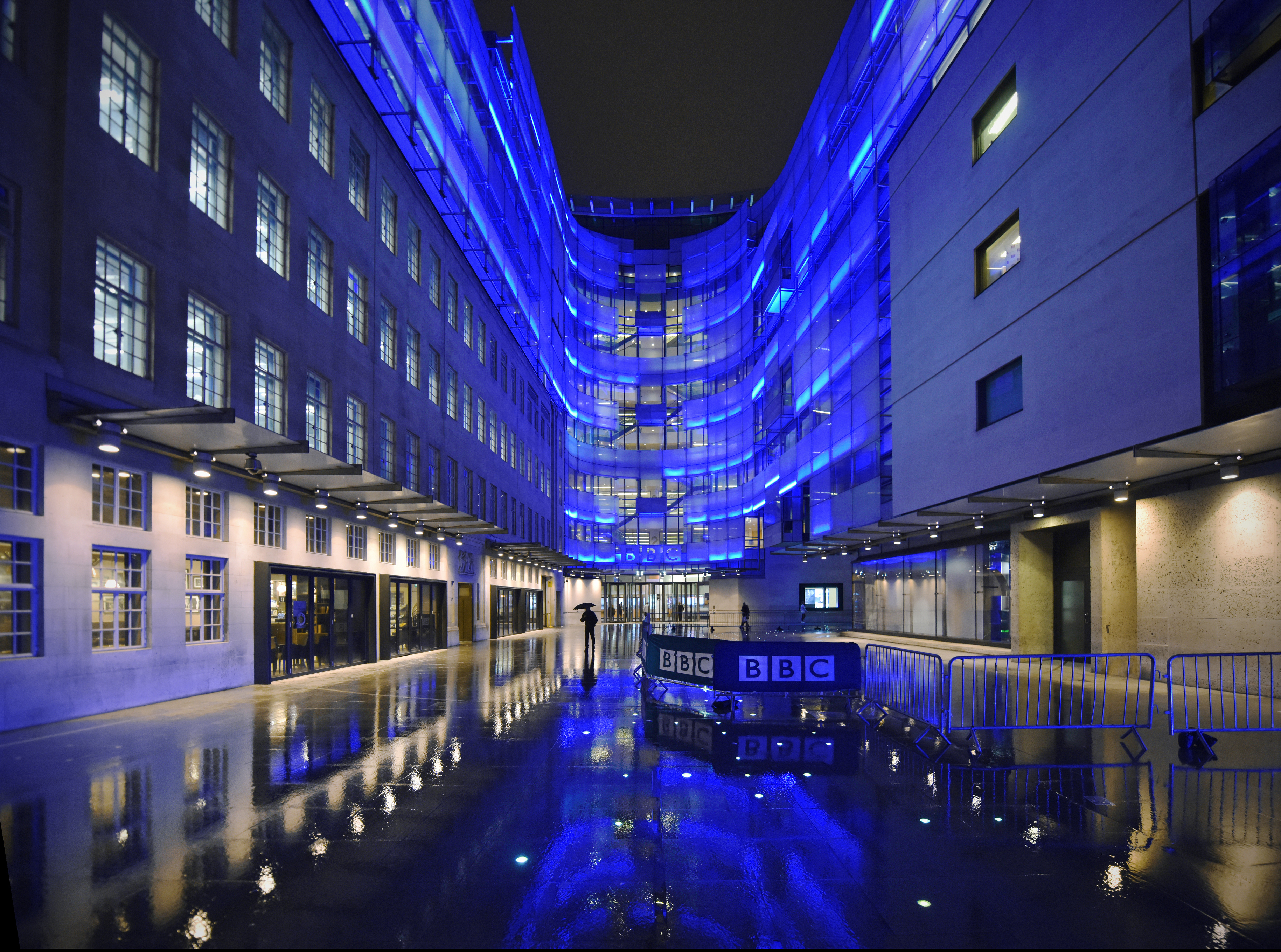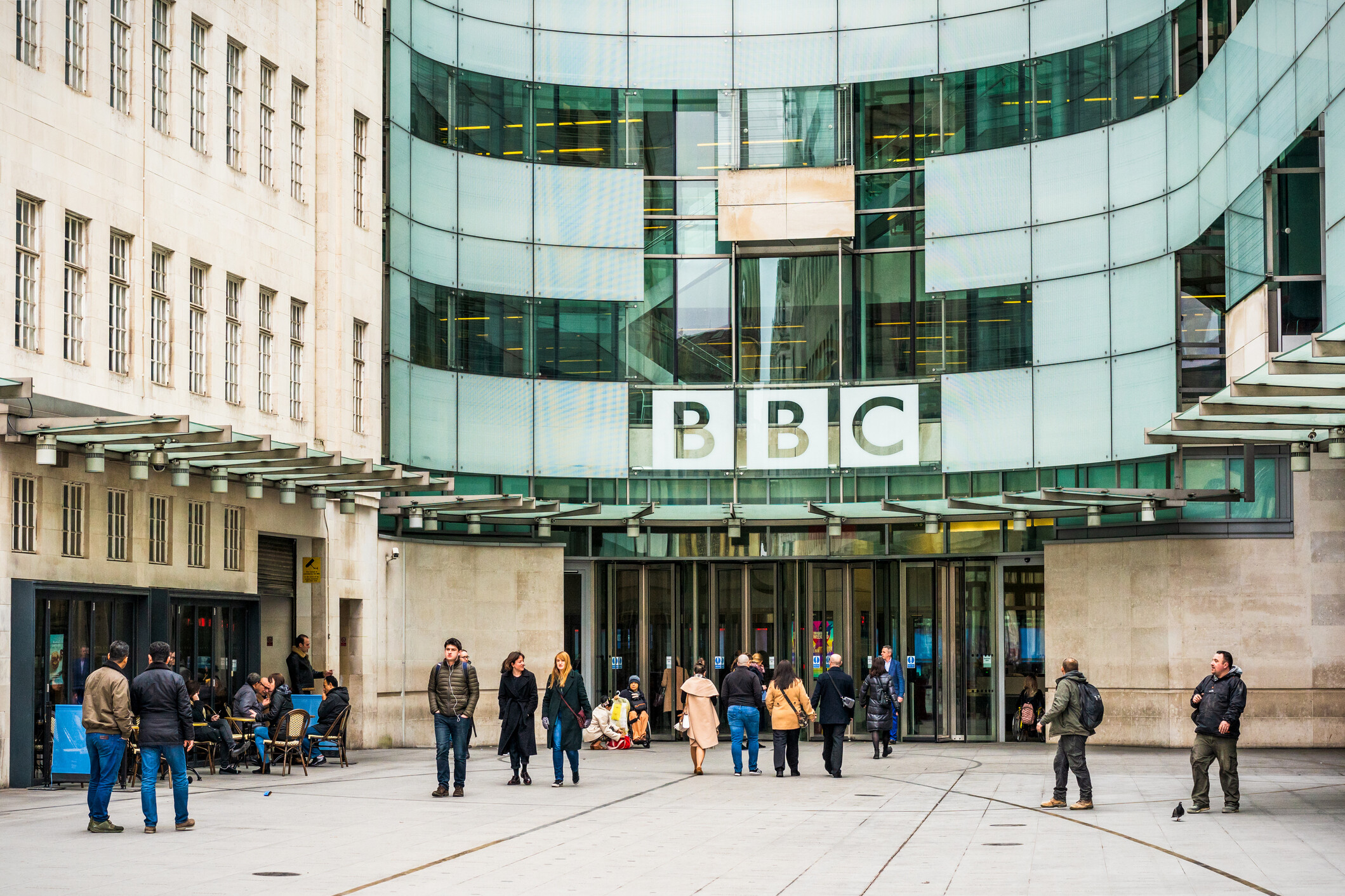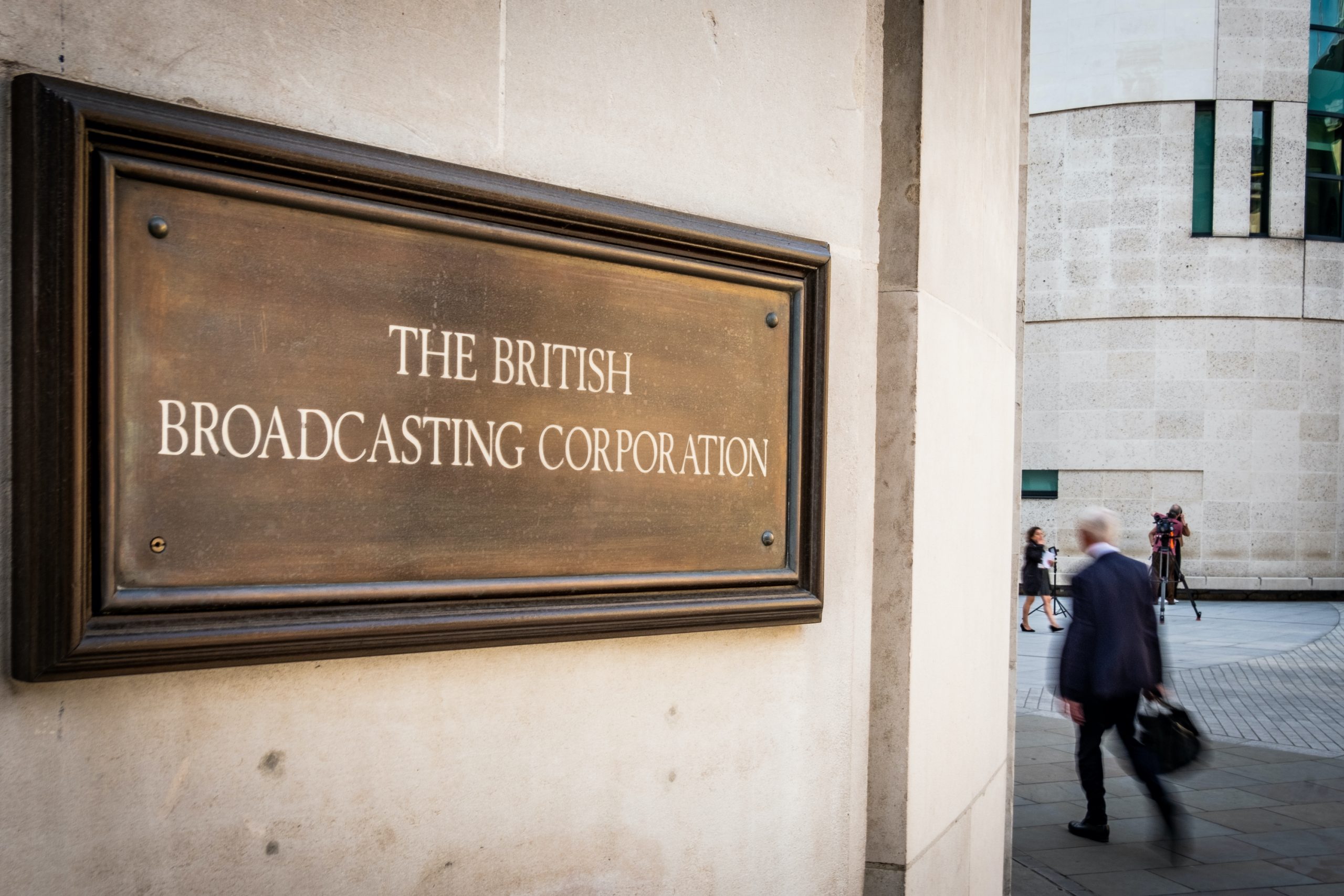STATEMENT
The future of the BBC licence fee
18 January 2022
The UK Culture Secretary, Nadine Dorries, announced yesterday that the licence fee which funds the BBC would be frozen for two years. She has also suggested this would be the last licence fee announcement, raising questions as to how the BBC will be funded in the future.
The Public Media Alliance has serious concerns over the decision to freeze the licence fee. In real terms, this is a cut to the BBC’s budget, and comes at a critical time when the BBC looks to evolve to remain competitive and relevant in an increasingly digital and on-demand media landscape. A cut to its budget will mean cuts to the services which many rely on, and it will hamper its ability to carry out its mission to inform, educate and entertain.
Looking ahead, the Public Media Alliance welcomes the opportunity to have a meaningful discussion about how the BBC should be funded in the future. Many public media organisations around the world are having similar discussions. But any alternative funding model must still maintain the core tenets of the licence fee: independence, accountability, editorial autonomy, competitiveness, adaptability. It must also guarantee the BBC the necessary resources to maintain its role as a trusted and independent news provider and world-leading content producer across multiple platforms which service the myriad audiences and demographics of the UK. Over the past 100 years, the licence fee has been the best model available which guarantees these objectives. It is imperative whatever comes next guarantees them also.
Sally-Ann Wilson, CEO PMA
Related Posts
18th January 2022
BBC funding freeze: the importance of a licence fee
BBC's funding freeze and talks of a new…


